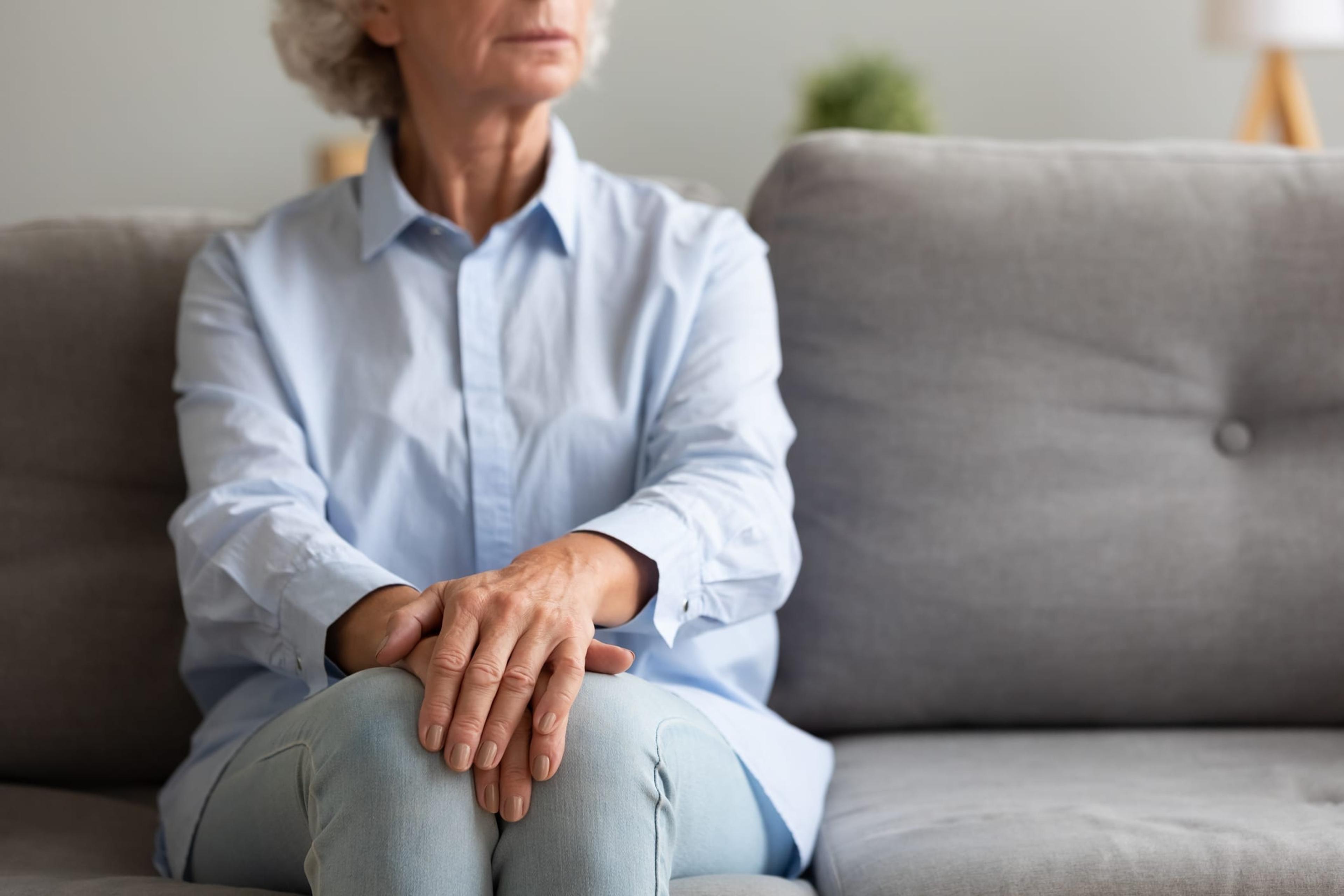
How has the COVID-19 pandemic changed your life? For some, it’s been a time for self-reflection and growth. But others are not so lucky. Months of quarantine can amplify or worsen problems that otherwise, may be ignored. “When we're isolating in place, we're really disrupting the balance of our lives,” revealed Dr. Mark Eastburg, clinical psychologist and president and CEO of Pine Rest Christian Mental Health Services. “In these last 70 days… a lot of those things we rely on have been taken away. It's really a sense of loss for a lot of people.” Quarantine is an abrupt change that affects different people in different ways. “With kids, you can see [them] acting out new troublesome behaviors,” explained Eastburg. “We are also seeing an increase of couples that are coming to us for couple’s therapy… The togetherness there, it's thrown off the fragile balance that some couples have.” On the latest episode of A Healthier Michigan Podcast, hosted by Chuck Gaidica, he and Eastburg discuss physical isolation and its effect on mental health. Isolation removes a lot distractions from your life. When you’re not focused on other people, places or things, you’re forced to look inward. In some cases, this can turn minor issues into major problems. “Recently, we saw somebody who tends to lean toward obsessive compulsive disorder, who's now really stressed about fear of contamination,” said Eastburg. “So, what was just below the surface for this person, is now full-blown.” There are also individuals who have experienced extreme trauma due to the virus. They have lost loved ones but can’t fully grieve because of social restrictions. There is a sense of universal trauma that society is dealing with. It’s important to recognize these experiences and the feelings associated with them, whether its depression, anxiety or just guilt. One of the best coping mechanisms for isolation is self-care. These are actions that are for and about you. Self-care can manifest in many ways. For example: Taking a run around the neighborhood can generate mental and physical health benefits. Moderate exercise can help combat symptoms of depression as it’s a natural mood-booster. It takes courage for someone to recognize and accept that they have a problem. It’s much easier to point out other people’s flaws. The key is being honest, open and positive throughout this period. Take it day-by-day, one step at a time. Read more:
- How to Stay Safe During a Socially Distant Summer
- Feeling Off is Normal Right Now
- Understanding the Difference Between Good and Bad Stress
Photo credit: fizkes





